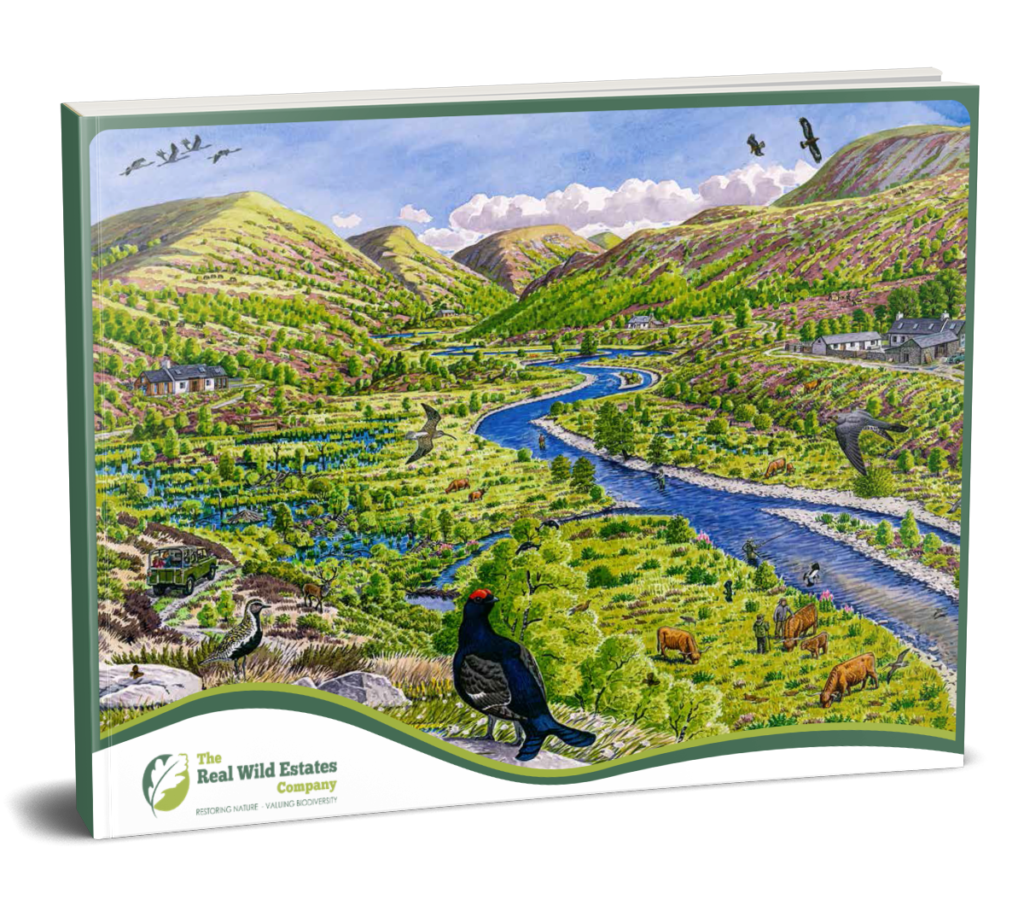The primary goal of CS schemes is to restore and conserve UK landscapes. They incentivise landowners and farmers to implement practices that improve soil quality, conserve resources, and create habitats for wildlife. Initiatives included within CS schemes span planting hedgerows, managing wetlands, and habitat creation.
Promoting biodiversity is also a key aspect of the schemes. Landowners and land managers are often required to set aside areas for wildlife habitat creation. This can include activities like the creation of wildflower meadows, nesting sites for birds and planting certain pollinator-friendly species.
When it comes to soil, Countryside Stewardship encourages responsible land management practices to reduce erosion, improve quality, and minimise pollution of water bodies from soil runoff. Farmers are incentivised to use regenerative practices such as cover crops, no-till farming, and establishment of buffer strips in riparian areas.
The schemes also promote regenerative agriculture by encouraging the use of organic farming methods and other practices such as crop rotation. Additionally, responsible pesticide and fertiliser application is required and mixed farming systems that incorporate both livestock and crops is encouraged.
Talk to our team today to discuss your agri-environment scheme options.



